12 results
12 filtered results
Clear all filters12 filtered results
-
From - To
Introducing the Extra Challenge Interactive Assessment Quizzes, designed specifically for children Ages 4-5! These quizzes are not just any ordinary set of questions; they are a journey into fun learning, tailor-made to test knowledge while providing constructive feedback. Perfectly aligned with the curiosity and learning pace of young minds, our quizzes cover a range of topics to spark interest and challenge their understanding. These interactive assessments are an excellent way for your child to reinforce learning, identify areas for improvement, and celebrate their knowledge gains. Dive into the Extra Challenge today and watch your little one thrive!
In today's rapidly evolving educational landscape, the significance of leveraging interactive tools for early childhood education cannot be overstated. Among the myriad of resources available, the Extra Challenge for Ages 4-5 sets itself apart as a uniquely beneficial tool tailored specifically for young learners embarking on their educational journey. This innovative platform offers a series of interactive quizzes designed to enhance the learning experience of children aged 4 to 5, catering to their curiosity and their burgeoning cognitive abilities.
The Extra Challenge for Ages 4-5 is more than just an educational tool; it's a gateway to a world of learning, crafted with the understanding that the early years of education lay the foundation for a lifetime of learning. Through engaging and thoughtfully designed assessment quizzes, this platform strikes the perfect balance between learning and play, ensuring that children are not only learning but are thoroughly enjoying the process.
One of the key benefits of the Extra Challenge for Ages 4-5 is its focus on comprehensive developmental milestones. These quizzes are meticulously designed to align with the cognitive, social, and emotional needs of children in this age group. Whether it's enhancing linguistic skills, fostering problem-solving abilities, or encouraging creativity, the interactive quizzes are structured to stimulate critical areas of development, making learning both effective and fun.
Furthermore, the Extra Challenge for Ages 4-5 introduces children to the concept of self-paced learning. In an age where education can often feel structured to the point of rigidity, this platform offers a breath of fresh air. Children can navigate through the quizzes at their own pace, allowing them to spend extra time on concepts they find challenging and skip ahead on those they grasp quickly. This flexibility not only respects individual learning speeds but also cultivates a sense of independence and confidence in young learners.
Another remarkable feature of the Extra Challenge for Ages 4-5 is its interactivity. Unlike traditional learning methods that may rely on passive reception, this platform demands active participation. Children engage with vibrant, visually appealing content that requires interaction, making the learning process dynamic and memorable. This interactivity is key to keeping young minds engaged, ensuring that the lessons learned are not easily forgotten.
In addition, the quizzes provided by the Extra Challenge for Ages 4-5 serve as an invaluable assessment tool. They offer immediate feedback, allowing both parents and educators to monitor progress and understand areas where a child might need further support. This real-time insight into a child's development is crucial for tailoring educational approaches to meet individual needs, ensuring that no child is left behind.
In conclusion, the Extra Challenge for Ages 4-5 represents an essential resource in the educational toolkit for young learners. With its combination of interactivity, flexibility, and developmental focus, it stands out as a beacon of innovative learning. By engaging children in a manner that is both fun and fruitful, the Extra Challenge for Ages 4-5 not only aids in their current studies but also instills a lifelong love for learning. As we continue to navigate the future of education, resources like these will undoubtedly play a pivotal role in shaping the minds of the next generation.
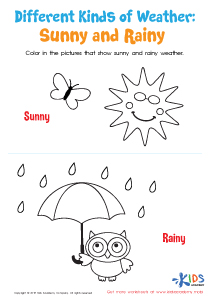
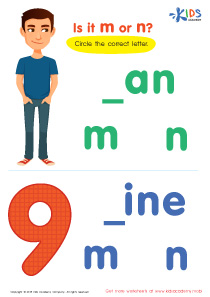
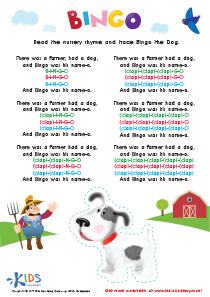
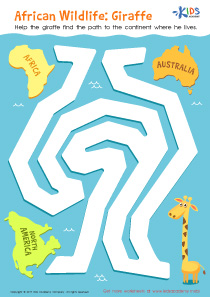
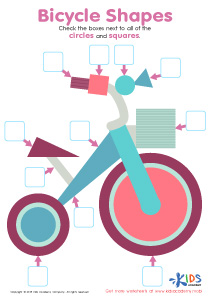



.jpg)

